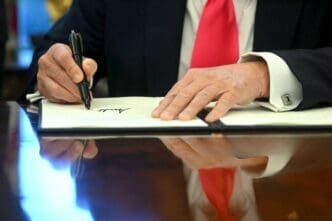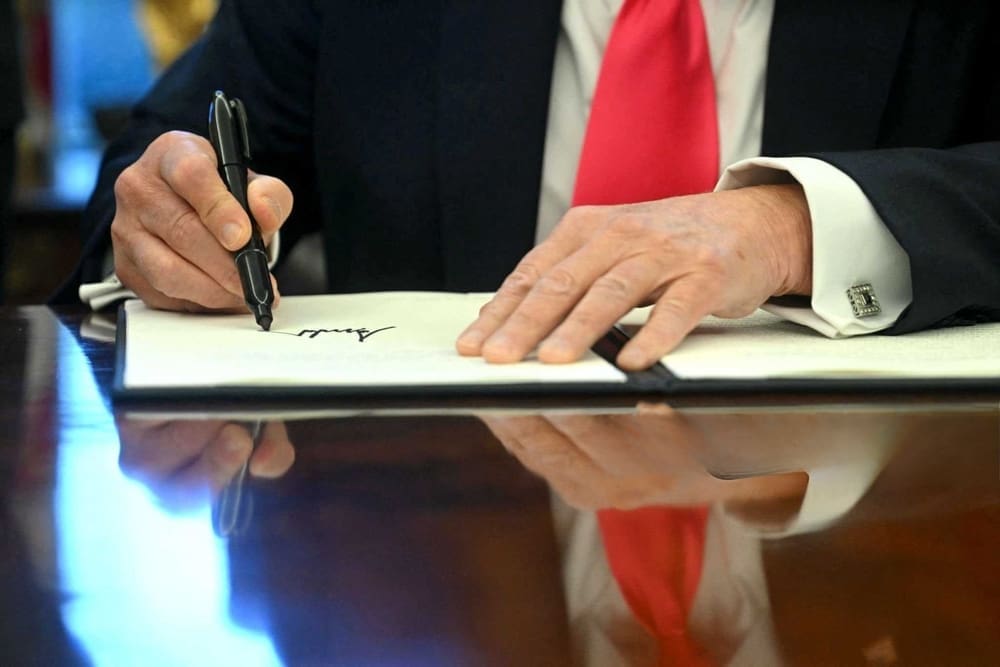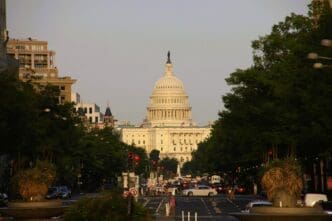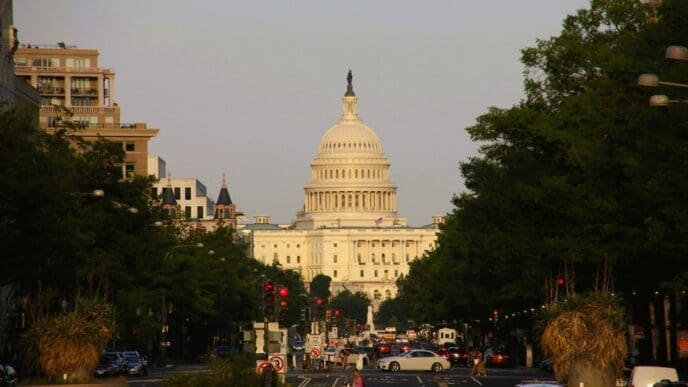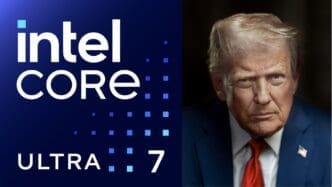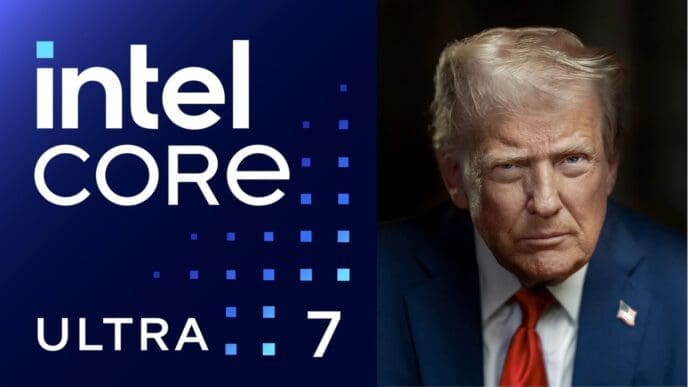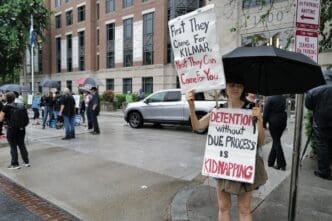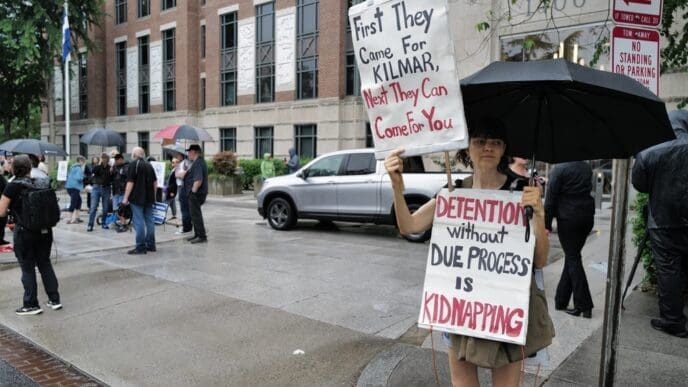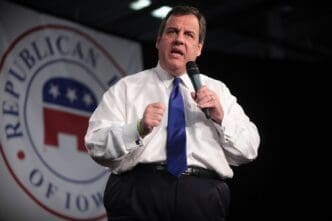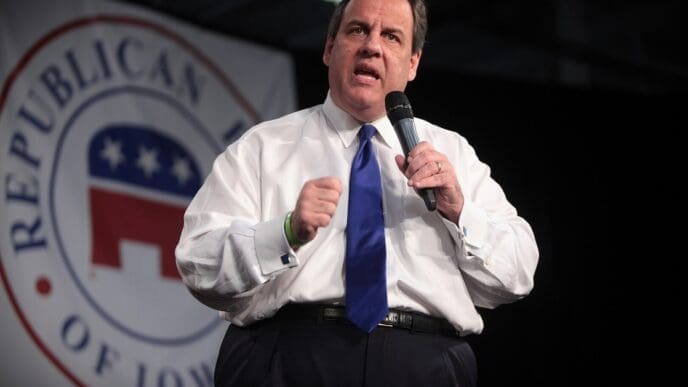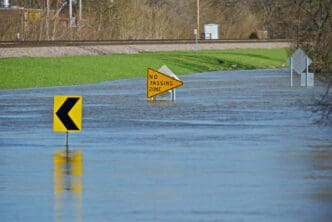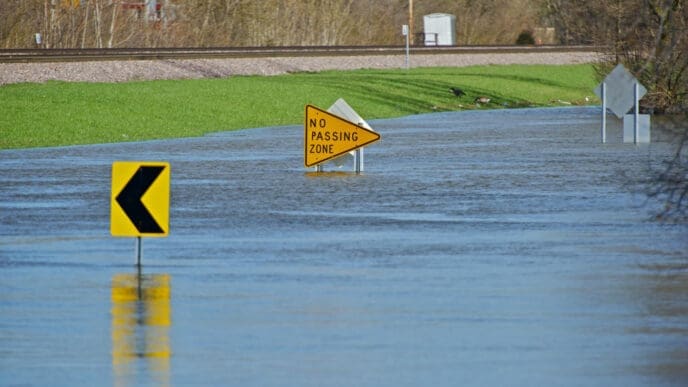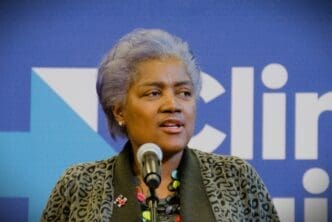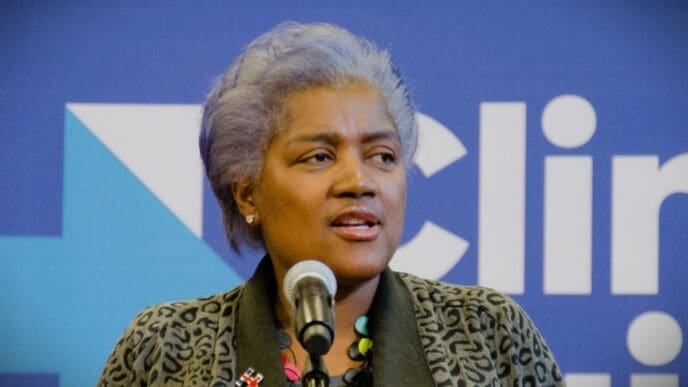Executive Summary
- President Donald Trump signed an executive order establishing specialized National Guard units and a nationwide quick reaction force for domestic public order issues.
- The order expands the U.S. military’s role in domestic law enforcement, raising concerns about its practical implementation and potential political misuse.
- The directive also includes a “coordinated beautification plan” for Washington D.C. and highlights Trump’s willingness to deploy troops to other cities, potentially without state requests.
The Story So Far
- President Trump has frequently expressed concerns about rising crime rates and a perceived need for enhanced domestic security, particularly in Washington D.C. and other cities, even indicating a willingness to deploy troops without awaiting requests from state governors. This latest executive order, which mandates specialized National Guard units for public order and a quick reaction force, builds on a recent trend, including a previous order last week authorizing D.C. National Guard troops to carry weapons, and has raised concerns about potential political misuse given its focus on certain cities.
Why This Matters
- President Trump’s executive order significantly expands the domestic role of the National Guard, formalizing military involvement in civil disturbances through specialized public order units and a nationwide quick reaction force, which raises concerns about potential political misuse, particularly given his stated focus on deploying troops to Democrat-led cities, and specifically targets Washington D.C. with increased military presence and beautification efforts.
Who Thinks What?
- President Donald Trump signed an executive order establishing specialized National Guard units and a quick reaction force to manage public order issues, aiming to bolster law enforcement capabilities and address crime, including a “beautification plan” for Washington D.C.
- Concerns have been raised regarding the practical implementation of the order and the potential for political misuse, particularly in deploying troops to cities predominantly led by Democrats.
President Donald Trump signed an executive order on Monday, directing Secretary of Defense Pete Hegseth to establish specialized National Guard units. These units are to be specifically trained and equipped to manage public order issues, signaling an expanded role for the U.S. military in domestic law enforcement. The order also mandates the creation of a standing “quick reaction force” capable of nationwide deployment.
Expanding Domestic Military Role
The directive instructs Hegseth to ensure each state’s National Guard possesses the necessary resources, training, and availability to assist federal, state, and local law enforcement in quelling civil disturbances. This formalizes a mechanism for military support in domestic unrest scenarios across the country.
The order has raised questions regarding its practical implementation, given that the National Guard already operates similar reaction forces. Concerns have also emerged about the potential for political misuse, particularly in light of President Trump’s stated focus on deploying troops to cities predominantly led by Democrats.
Focus on Washington D.C. and Broader Implications
This executive action follows Secretary Hegseth’s previous order last week, which authorized D.C. National Guard troops to carry weapons. The recent order additionally directs a “coordinated beautification plan” for facilities and monuments in Washington D.C., encompassing tasks such as graffiti removal and public space cleanup.
President Trump has frequently voiced concerns about rising crime rates in D.C., despite official statistics indicating overall crime numbers are lower this year compared to 2024. He has also indicated a willingness to deploy troops to other cities, such as Chicago, potentially without awaiting requests from state governors, though he has also acknowledged the possibility of such requests.
President Trump’s executive order marks a significant move to establish specialized National Guard units for domestic public order issues and a nationwide quick reaction force. While intended to bolster law enforcement capabilities, the directive has prompted discussions about its operational implications and potential political ramifications, alongside specific directives for Washington D.C.

